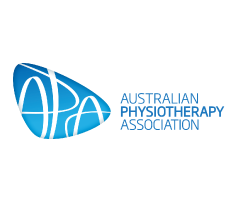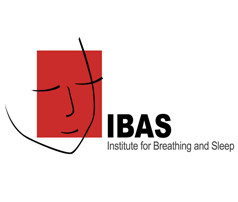Quality of Life
The following Quality of Life questionnaires have been validated for bronchiectasis:
The Quality of Life Questionnaire-Bronchiectasis (QOL-B) (Quittner et al 2015)
Leicester Cough Questionnaire (Birring et al 2002)
Quality of life – Primary Ciliary Dyskinesia (Lucus et al 2015)
Chronic Respiratory Disease Questionnaire (CRDQ) (Vodanovich et al 2015)
A licensing agreement and fee is required to use the questionnaire.
Please contact:
Jane Howe, Licensing Officer
Office of Research Contracts & Intellectual Property
McMaster University, GH 306G
1280 Main Street, W.
Hamilton, Ontario, CANADA L8S 4L8
Telephone: 1-877-836-9235
Fax: 905-540-8019
A licensing agreement and fee is required to use the questionnaire.
Contact Yvonne Forde at [email protected]
St George’s Health Status Research Team
Dept of Physiologicia Medicine
St George’s Hospital Medical School
London SW17 ORE UK
Health Status
Reprints and the scoring program are available from Dr Surinder Birring, Division of Asthma, Allergy and Lung Biology, King’s College, London – [email protected]
Choosing an appropriate quality of life outcome measure
For clinicians measuring the disease-specific effects of bronchiectasis, the most optimal choice is the Quality of Life – Bronchiectasis (QOL-B). This provides a broad and detailed measure of quality of life overall, which encompasses all aspects of the condition. It may also be useful for examining the effects of different treatments, including medication and physiotherapy interventions.
For people with bronchiectasis due to primary ciliary dyskinesia, the Quality of Life – Primary Ciliary Dyskinesia may be a more suitable choice. It includes domains of physical functioning, emotional functioning, treatment burden, respiratory and sinus symptoms, ears and hearing, social functioning, vitality and health perceptions and is suitable for children, adolescents and adults. For a measure of health status, the Bronchiectasis Health Questionnaire includes respiratory symptoms, functional capacity, psychological health, medication, treatments, relationships and social function and provides a single total score. It is quick to complete and has been translated into multiple languages and may be useful to examining the effects of treatment.
For clinicians measuring the respiratory effects of bronchiectasis on quality of life, either the St George’s Respiratory Questionnaire or the Chronic Respiratory Questionnaire are a suitable choice. Both have been applied as outcomes measures for physiotherapy interventions (airway clearance therapy and pulmonary rehabilitation) and in medication trials of antibiotic therapy.
For clinicians specifically interested in the cough-related effects of bronchiectasis on quality of life, the Leicester Cough Questionnaire is a suitable choice. It has been applied as an outcome measure for physiotherapy (airway clearance therapy and pulmonary rehabilitation) and medication trials of antibiotic therapy..








